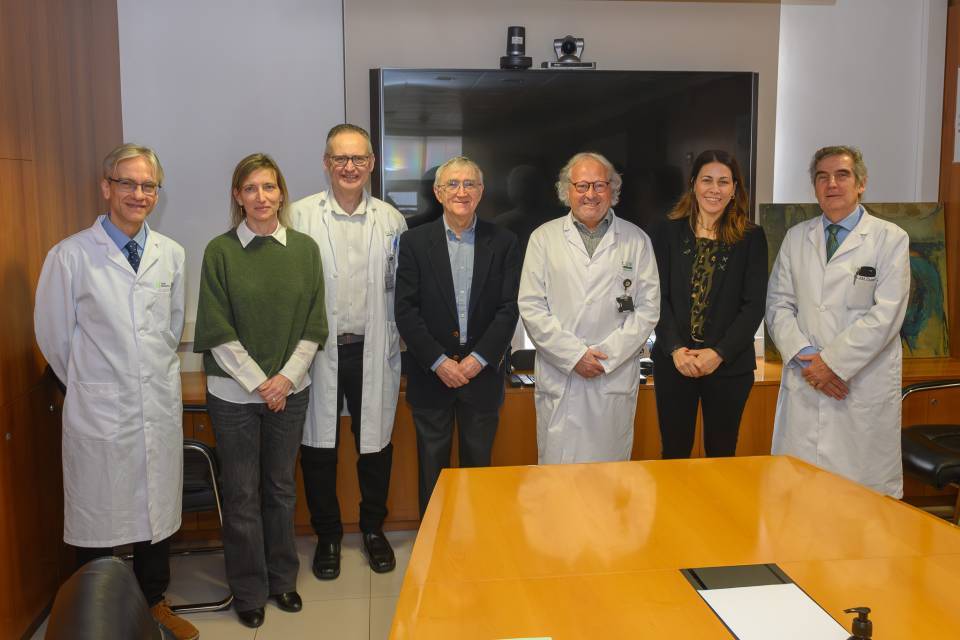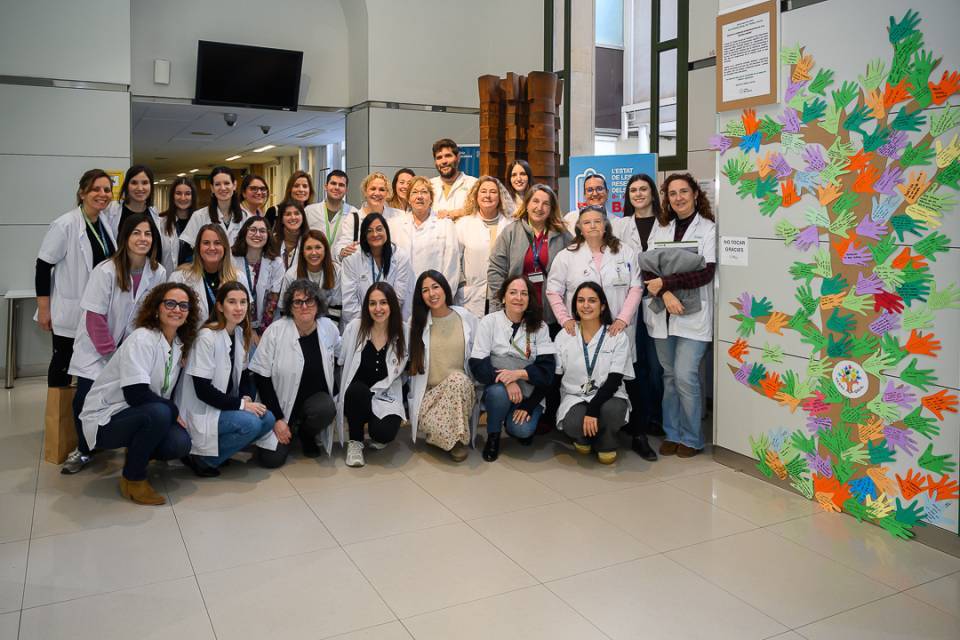LGI1-antibody (anti-LGI1) encephalitis normally affects patients over 60 years of age. It produces limbic encephalitis with epileptic seizures and major cognitive deterioration. Early diagnosis and treatment are associated with neurological improvement and reduce the likelihood of permanent sequelae.
The acute stage of the disease is well understood, although the subsequent phase is not. It is not clear whether these patients can continue to have subclinical active disease, with manifestations that may have an impact on cognitive recovery. The objective of the project that won the grant is to investigate this subclinical activity in anti-LGI1 encephalitis. The patients will therefore be followed up for one year, with visits that include neurological, cognitive, and psychiatric tests, as well as a complete evaluation of the sleep cycle.
Preliminary results indicate abnormalities during routine assessments and show that symptoms thought to have been resolved, such as epileptic seizures, are still present during the sleep studies and may negatively affect cognitive function and memory. These symptoms and tests can be used as prognostic biomarkers that can guide treatment in the post-acute phase of the disease.




